Best Credit Cards of 2024.
Make it simple, be 1st Financially.
Whether you’re looking to earn lucrative rewards, save on interest rates, or build your credit score, the right credit card can be a powerful tool in achieving your financial goals. In this article, we’ll explore the best credit cards.
Credit Card |
Intro offer |
Annual fee |
Rewards rate |
1Financially Ratings |
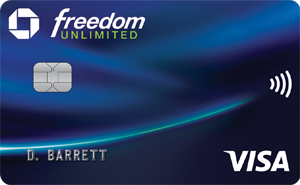 Chase Freedom Unlimited® |
Up to $300 On Chase’s Website |
$0 |
1.5% – 5% cashback |
5.0/5 |
 Capital One Venture Rewards Credit Card |
75,000 Milles on Capital One website |
$95 |
2x-5x Milles |
4.7/5 |
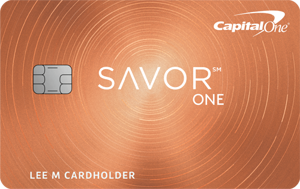 Capital One SavorOne Cash Rewards Credit Card |
$200 |
$0 |
1% – 10% cashback |
5.0/5 |
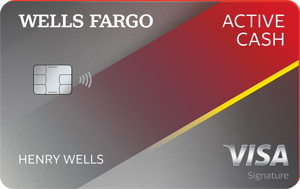 Wells Fargo Active Cash® Card |
$200 on Wells Fargo’s website |
$0 |
2% cashback |
5.0/5 |
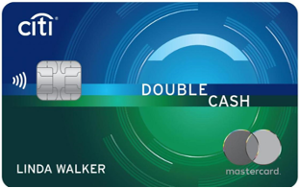 Citi Double Cash® Card |
$200 on citibank’s website |
$0 |
1% – 5% cashback |
4.9/5 |
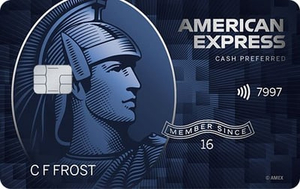 Blue Cash Preferred® Card from American Express |
$250 on American Express’ website |
$0 intro annual fee for the first year, then $95. |
1% – 6% cashback |
4.8/5 |
 Chase Sapphire Preferred® Card |
60,000 points on chase’s website |
$95 |
1x – 5x points |
5.0/5 |
How Do Credit Cards Work?
A credit card lets you make purchases on credit with a grace period, usually between 21 and 25 days. If you pay off your balance within this period and by the due date, you won’t incur any interest.
Ever wondered what happens after you use your card? It’s quite intriguing and straightforward!
Here’s a quick rundown of what happens when you buy, say, a pair of shoes at your favorite store:
- You use your credit card to pay for the shoes, and your card details are sent to the store’s bank, known as the acquiring bank.
- The acquiring bank then seeks authorization for the payment from the credit card network (Visa, Mastercard, Discover, or American Express).
- Once the purchase is approved, the amount you spent reduces your available credit limit.
- The transaction appears on your credit card statement with a due date and the minimum payment required. If you pay the full amount by the due date, you avoid any interest charges.
How Credit Card Rewards Work?
Credit card rewards are designed to provide additional benefits for your everyday spending. When you use a credit card with a rewards program, you earn points, miles, or cashback based on the amount you spend.
Typically, for every dollar spent, you accumulate a set number of reward units. For example, a card might offer 1 point per dollar spent on all purchases, and potentially more points for specific categories like dining or travel. These rewards can then be redeemed in various ways, such as for statement credits, gift cards, travel bookings, or merchandise.
Some cards also offer sign-up bonuses or promotional offers that allow you to earn extra rewards if you meet certain spending thresholds within the first few months. The value of rewards varies by card and redemption option, but strategically using a rewards card can lead to significant savings or benefits over time.
What Is the Best Credit Card Issuer?
Many credit card issuers feature prominently on the U.S. News Best Credit Cards list. The ideal credit card for you will depend on factors such as your credit score and your interest in rewards. To gauge an issuer’s reputation, you can review its ratings on the Better Business Bureau and Trustpilot, and check the Consumer Financial Protection Bureau’s Consumer Complaint Database.
It’s important to differentiate between credit card issuers and credit card networks. Issuers are the companies that provide the cards, while networks handle the authorization and processing of payments. The major payment networks include Visa, Mastercard, Discover, and American Express. Notably, Discover and American Express serve as both credit card issuers and payment networks.